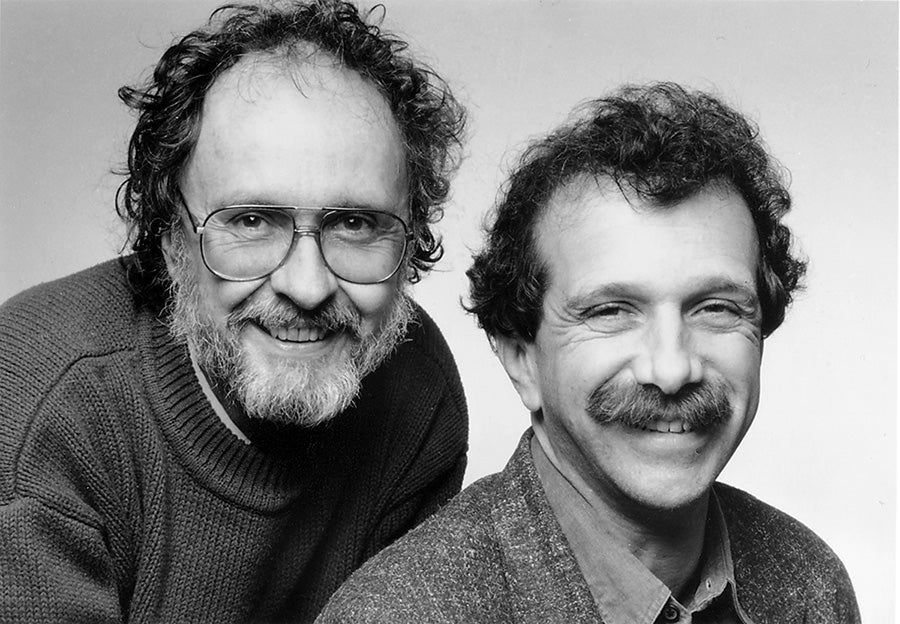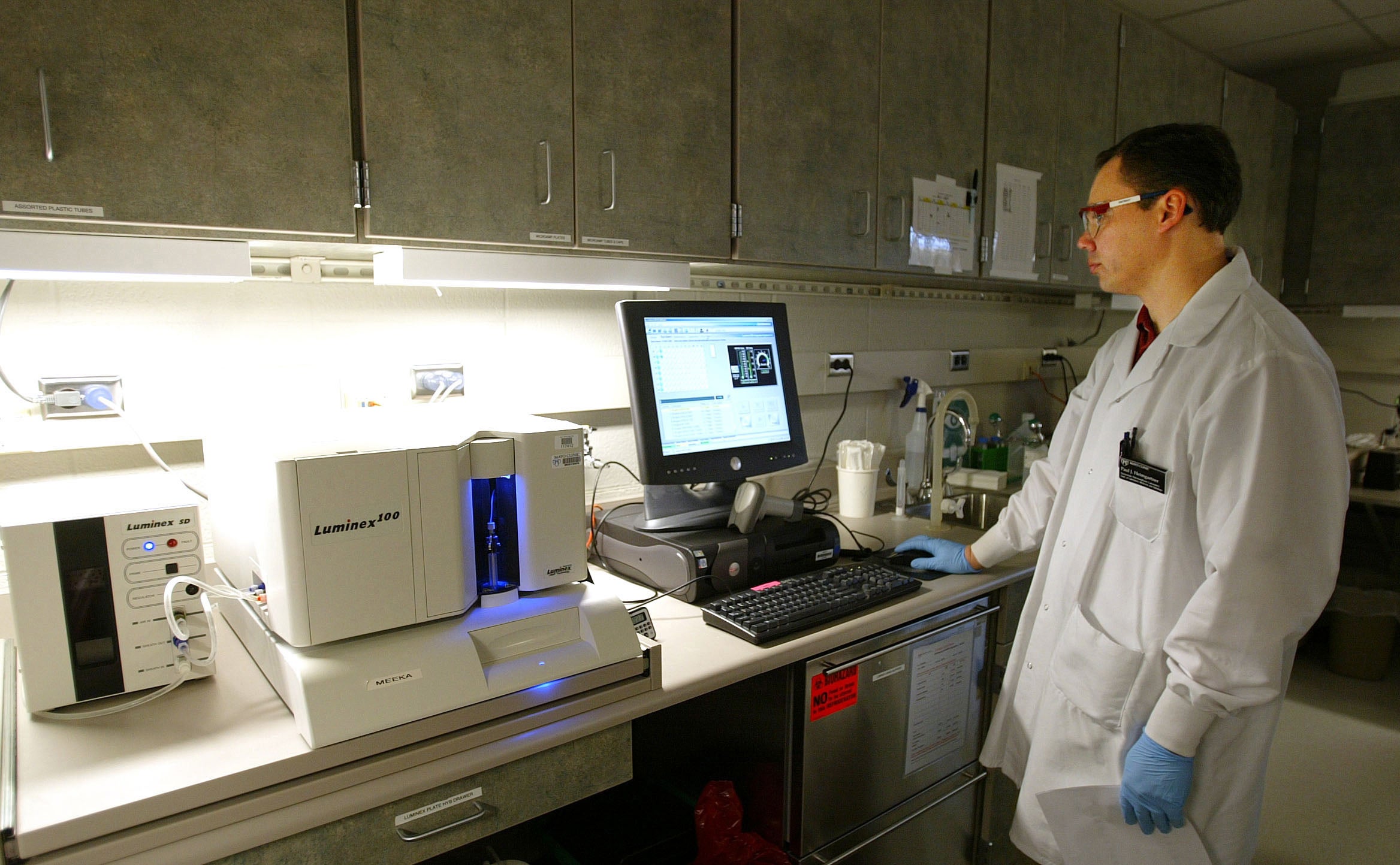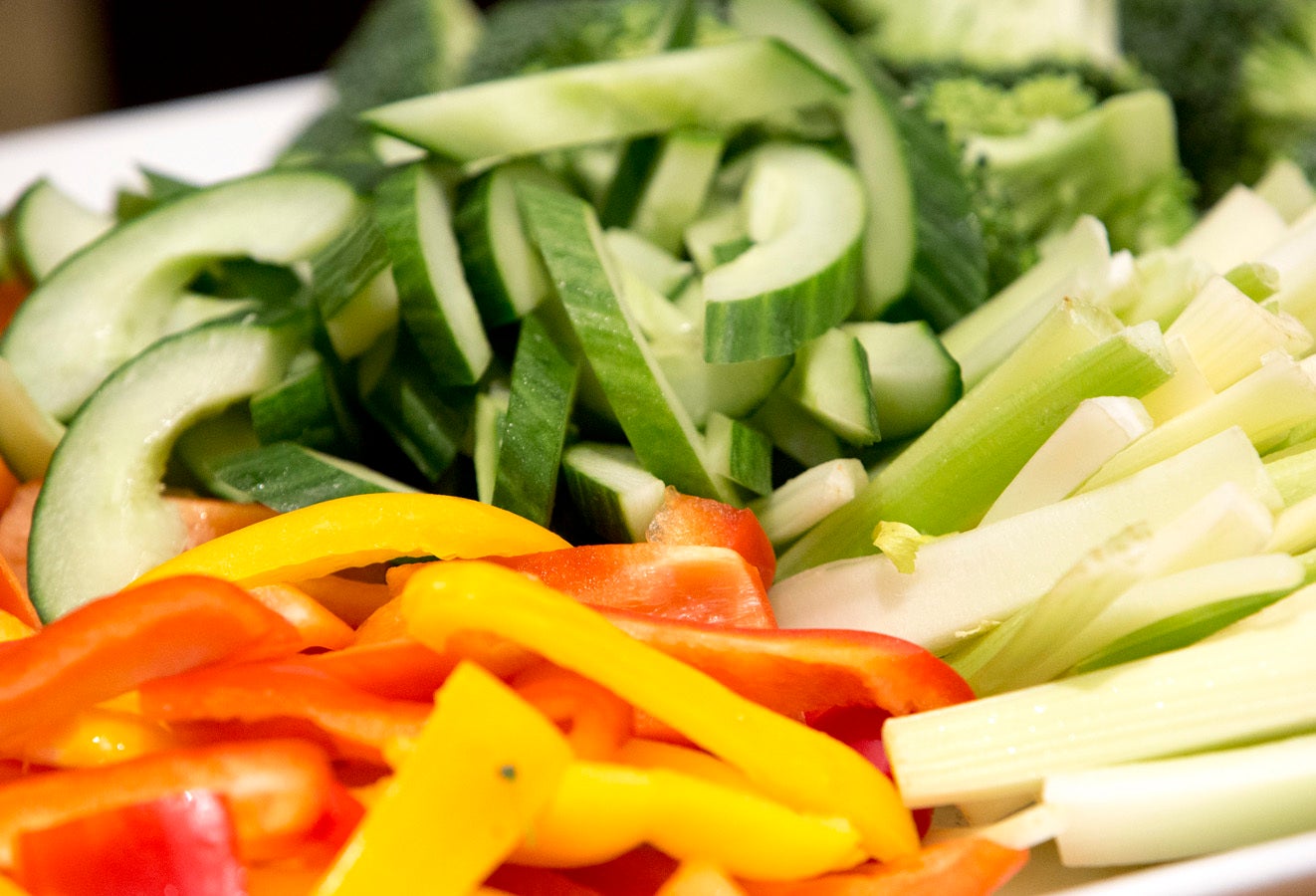We should cut down on salt. You’ve heard that before, but information recently published in the Annals of Internal Medicine has gotten me thinking about how to do it. Before I dive into that, a bit of background.
We should get no more than a teaspoon of salt a day, about 2,300 milligrams. The average Wisconsinite gets much more than that, about 3,600 milligrams.
Where do we get it? Pizza, bread, cold cuts, soups, burritos and tacos, savory snacks, cheese, and that’s only a start — sounds like a lot of what we eat. And we get it from salting our food or cooking with salt when we’re in the kitchen. Americans love salt. Love it!
News with a little more humanity
WPR’s “Wisconsin Today” newsletter keeps you connected to the state you love without feeling overwhelmed. No paywall. No agenda. No corporate filter.
Cardiovascular disease, heart attacks, heart failure and strokes are the leading cause of premature death globally, accounting for approximately one-third of all deaths. High blood pressure is a major risk factor — it affects about one in three adults.
Reducing high blood pressure dramatically reduces your risk of dying prematurely. That’s well known.
In the recent study, researchers pointed out that for many people, the use of salt substitutes — seasoning that contained potassium salts instead of sodium salt — was all they needed to control their blood pressure. Over time, it reduced the risk of premature death.
If you want to improve your blood pressure and health, you want to look at high-sodium foods and toss them. But you also need to look at what you have on your table.
Now, pure potassium salts do not taste good. I’ve tried them, and I don’t like them. But a combination of 30 percent potassium and 70 percent sodium seems to be the sweet spot. Research has shown this combination seems to be just right. When you use it you do two things — you cut down from sodium and you up your potassium. Both are independent factors which aid health.
But the other thing to do is to use more hot spices. From black pepper to jalapenos, for some, this is the way to go.
Blood pressure is the heart of the matter
While we’re on the topic of salt and heart health, let’s look into high blood pressure, which really is the bottom line.
First, who takes their blood pressure medicine every day? According to research from the World Health Organization, up to 50 percent of those with a prescription for high blood pressure medication do not take their pills every day, or if they are on multiple medications, they don’t take them because they don’t want to take so many pills.
Let’s be clear about this: Correctly treating high blood pressure saves lives. We have dropped the stroke rate by more than 75 percent since I started medical school. The reasons are many, including smoking less — 68 percent of people smoked in the early 1960s, and that’s down to 15 percent now. Still too high, but so much better.
Other reasons for the lower stroke rate include better nutrition, exercise and cholesterol drugs, all of which play a role. But the chief factor is reducing blood pressure. It’s magic!
When President Franklin D. Roosevelt died in 1945, his blood pressure was an unbelievably high 350/195. Back then, we had no medications for high blood pressure and didn’t understand it well. FDR died at age 63 from a hemorrhagic stroke caused by smoking and eating poorly, but mostly from high blood pressure.
My spin: If you want to control your blood pressure by salting your food less, reach for a potassium and sodium salt combination for your kitchen table. It could be a good choice for you to reduce salt and take in more potassium — both good for your blood pressure and your kidneys.
If you have high blood pressure, take your pills. Get a home blood pressure monitor — and treat your blood pressure to reach a goal. For most people, it’s close to 120/80. Some may need their pressure a bit higher, but that’s where your health care provider can tell you what to target.
And if you need to be on an additional blood pressure pill, as one of my kids used to say years ago as a teenager, suck it up and do it! Stay well.
This column is the opinion of the author, © Copyright 2024. Dr. Zorba Paster is a family medicine physician practicing in southern Wisconsin. Consult a health care provider for personal health information. The opinions expressed aren’t meant to reflect the views of Wisconsin Public Radio, its employees, the University of Wisconsin-Madison or the Wisconsin Educational Communications Board.
Zorba Paster On Your Health airs on WPR News Saturdays at 1 p.m. and Sundays at 6 p.m.
This column is the opinion of the author, © Copyright 2025. Dr. Zorba Paster is a family medicine physician practicing in southern Wisconsin. Consult a health care provider for personal health information. The opinions expressed aren’t meant to reflect the views of Wisconsin Public Radio, its employees, the University of Wisconsin-Madison or the Wisconsin Educational Communications Board.
Zorba Paster On Your Health airs on WPR News Saturdays at 1 p.m. and Sundays at 6 p.m.






